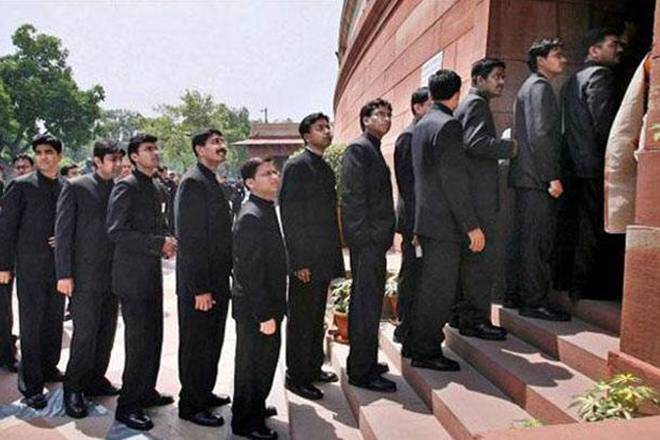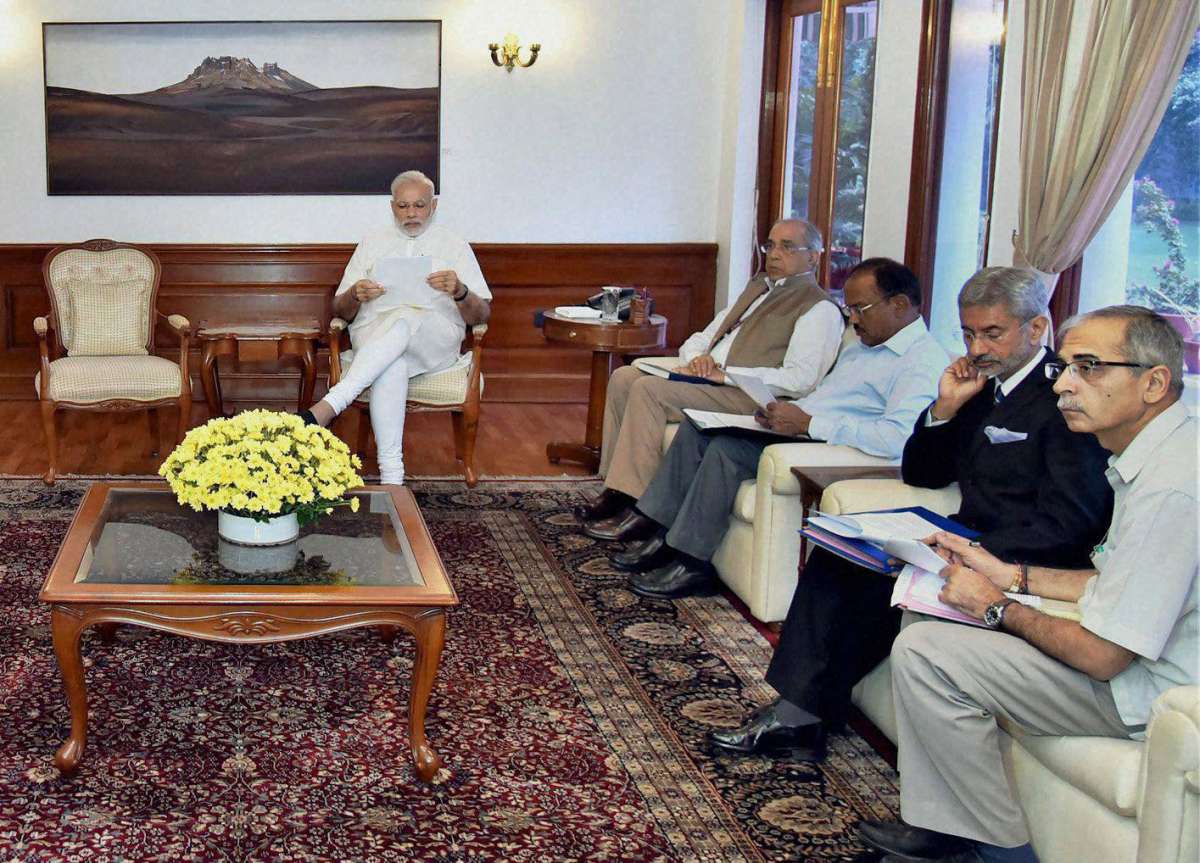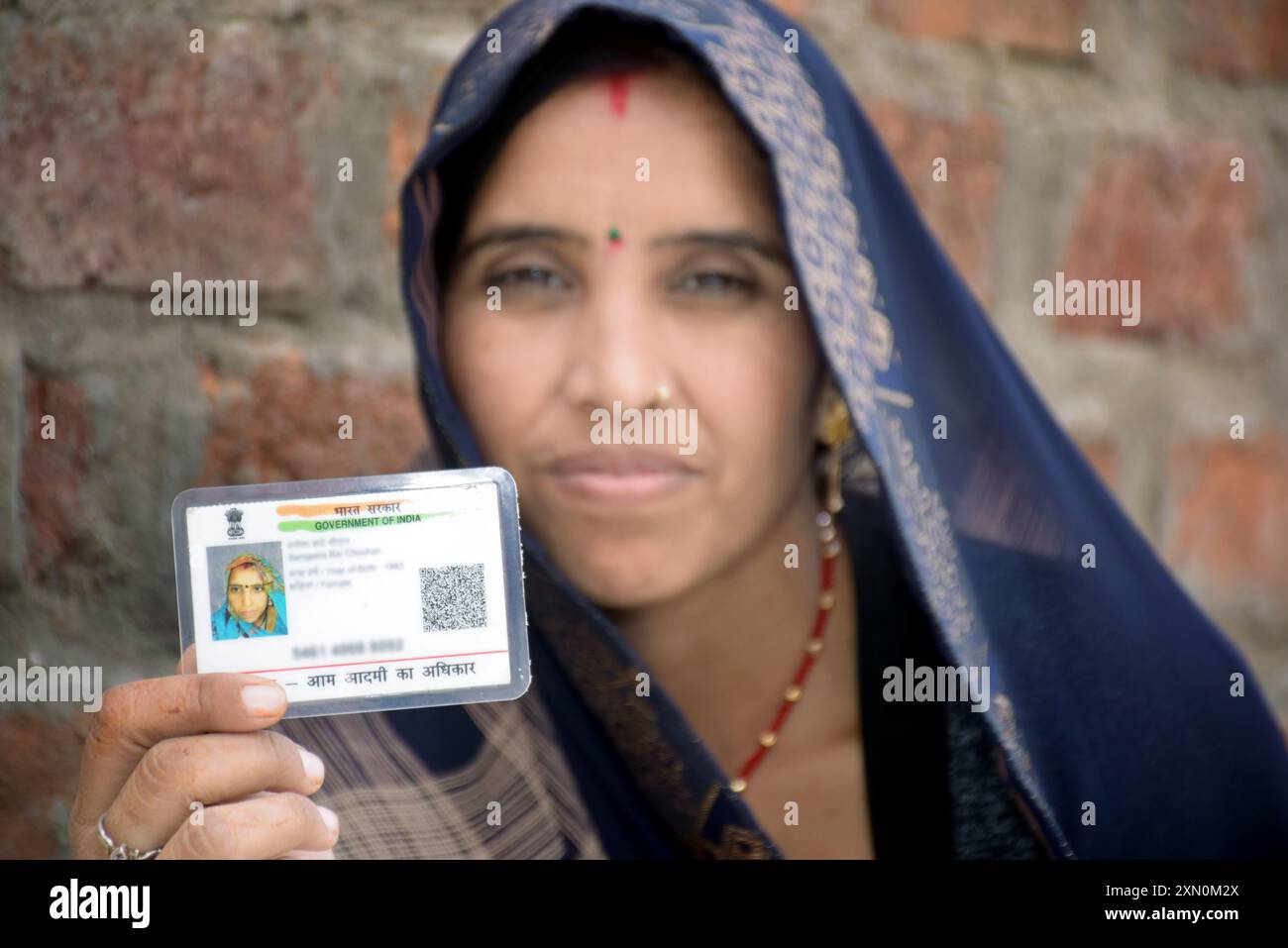


Union Minister Jitendra Singh has requested UPSC Chairperson Preeti Sudan to withdraw the advertisement for lateral entry to 45 government posts, citing the need for "rightful representation" of marginalized communities in the government services. This decision comes after objections raised by the Opposition and key NDA allies JD(U) and LJP. Despite the government's reliance on a 1978 instruction to conclude that lateral entry does not require reservation for SC/ST/OBC candidates, the issue of reservation has been sidelined, causing concerns about fair representation for these communities.
Lateral Entry in UPSC: Controversies and Concerns
The Union Public Service Commission (UPSC) recently announced a plan to hire 45 candidates for senior positions in the government through a lateral entry scheme. However, the announcement has sparked controversy, leading Union Minister Jitendra Singh to request the UPSC to withdraw the advertisement.
Background
The lateral entry scheme was introduced by the Modi government in 2020 as a way to bring experienced professionals from the private sector into the government. The scheme allows for direct recruitment at the level of Joint Secretary, Director, and Deputy Secretary.
Controversy
The controversy surrounding the lateral entry scheme stems from concerns that it could undermine the principle of reservation. The UPSC initially claimed that reservation would not apply to lateral entry posts, based on a 1978 instruction. However, this claim was challenged by opposition parties and NDA allies JD(U) and LJP, who argued that reservation should be mandatory for all government posts.
Minister's Request
Faced with mounting pressure, Union Minister Jitendra Singh wrote to UPSC Chairperson Preeti Sudan asking her to withdraw the advertisement. He argued that the need for "rightful representation" of marginalized communities in the government services outweighed the benefits of lateral entry.
FAQs
1. What is lateral entry?
Lateral entry is a method of hiring experienced professionals from the private sector into the government at senior levels.
2. Why has lateral entry caused controversy?
Concerns have been raised that lateral entry could undermine the principle of reservation, which ensures representation for marginalized communities in government services.
3. What is the government's position on reservation in lateral entry?
The government initially claimed that reservation would not apply to lateral entry posts, based on a 1978 instruction. However, this claim has been challenged by opposition parties and NDA allies.
4. What has Union Minister Jitendra Singh requested?
Union Minister Jitendra Singh has requested the UPSC to withdraw the advertisement for lateral entry, citing the need for "rightful representation" of marginalized communities.
5. What is the future of lateral entry in the UPSC?
The UPSC is expected to reconsider the issue of reservation in light of the concerns raised. The future of lateral entry in the UPSC remains uncertain.

Indian Union Minister Hardeep Singh Puri responds sharply to Pakistani leader Bilawal Bhutto-Zardari's threatening statement on the Indus Waters Treaty, stating that Pakistan will have to pay a heavy price. Puri also mentions the recent throat-slitting gesture made by a Pakistani Colonel during a protest by Indians at the Pakistan High Commission in London, emphasizing the deteriorating state of Pakistan.

Ranjana Sonawane, the first recipient of India's Aadhar card, still lacks access to government schemes 13 years later. Despite being eligible for the Chief Minister Majhi Ladki Behen Yojana, Ranjana has not received any money due to an issue with her Aadhar being linked to someone else's bank account. This case brings to light the flaws in the implementation of government schemes in rural and tribal areas, where women like Ranjana often have their funds misdirected or lack necessary information.

The Indian National Congress (INC) has announced its plans to launch a month-and-a-half-long campaign in Jammu and Kashmir on April 22. The purpose of the campaign is to demand the restoration of statehood and to further the “Save the Constitution” movement. With the recent appointment of Syed Naseer Hussain as the new J&K in-charge, the party hopes to regain its lost support in the Union Territory. This campaign comes at a crucial time, as former supporters of the Congress leader Ghulam Nabi Azad have recently dissolved their party, raising questions about their political future. The Congress hopes to use this opportunity to highlight the BJP's failures in empowering elected governments and its betrayal over statehood.

Thousands of citizens in Pune are rallying together through an online petition to demand the protection of their city's hills and hill slopes from any construction. The petition is addressed to the former Pune Municipal Commissioner and Chairman of the state-appointed Committee on Bio-Diversity Park and Hill Top Hill Slopes. The citizens are concerned that the committee's review may result in allowing construction on the hills, while strict measures have already been mandated by the government to prevent it. The citizens stress the importance of preserving these natural areas for the city's ecological balance and urge the government to uphold its promise to future generations.

After the devastating terror attack in Pahalgam, Jammu and Kashmir, India has suspended the 1960 Indus Waters Treaty with Pakistan. This decision was made during a key meeting chaired by Union Home Minister Amit Shah, with discussions on potential actions being taken against Pakistan. As tensions between the two countries continue to escalate, Indian leaders have condemned Pakistan for their involvement in the attack and have vowed to take strong measures in response.

The Indian Army made its first major move since the Pahalgam terror attack on April 22, as they killed top Lashkar-e-Taiba (LeT) commander Altaf Lalli in an encounter in Jammu and Kashmir's Bandipora district. The security forces are on the hunt for the terrorists responsible for the brutal killing of 26 civilians and have launched a massive anti-terror operation. In other developments, Indian Army Chief General Upendra Dwivedi visited Srinagar for a security review meeting and the authorities demolished the houses of two suspected terrorists involved in the Pahalgam attack.

In a hearing at the Supreme Court, the bench rebuked Congress leader Rahul Gandhi for his "irresponsible" comments about freedom fighter Vinayak Damodar Savarkar. The judges highlighted the need to show respect for India's freedom fighters and questioned whether Gandhi was aware of his grandmother and Mahatma Gandhi praising Savarkar. The court also stayed an Allahabad High Court order that refused to dismiss a lower court's summons against Gandhi over his alleged remarks about Savarkar.

The Supreme Court has stepped in to warn Congress MP Rahul Gandhi over his comments about India's independence activist Veer Savarkar, staying a trial court's summons to the politician. The top court emphasized that Savarkar is a highly respected figure in Maharashtra and stated that no one would be allowed to make derogatory remarks about freedom fighters. The court also pointed out that Gandhi's family has had a history of praising Savarkar and Gandhi himself has been warned that the court will take suo motu cognizance of any such remarks. Additionally, the article also mentions an attack in Jammu and Kashmir that has led to heightened tensions between India and Pakistan.

In a successful operation by the security forces, a Lashkar-e-Taliba (LeT) terrorist associate, identified as Altaf Lalli, was killed in an ongoing encounter in the Bandipora district of Jammu and Kashmir. The encounter began after the security forces received intelligence about the presence of terrorists in the area. Two security personnel have also been injured in the exchange of fire and are currently undergoing treatment at a nearby hospital. The clash highlights the continued efforts of the security forces to combat terrorism in the region.

The Telangana-Chhattisgarh border is a hotbed of tension as security forces step up their efforts to root out Maoist activity from the region. Top Maoist leader Hidma is the target of current high-security operations, with forces strategically advancing through previously inaccessible areas. With mounting pressure, sources indicate that the hold of the Maoists in the region is gradually weakening, making for a tense and critical situation.